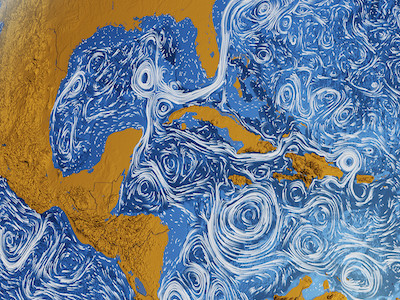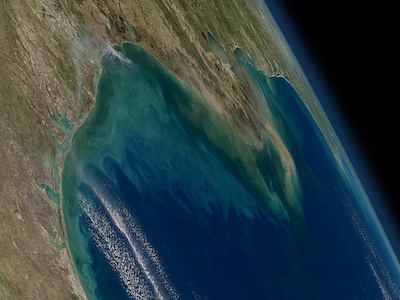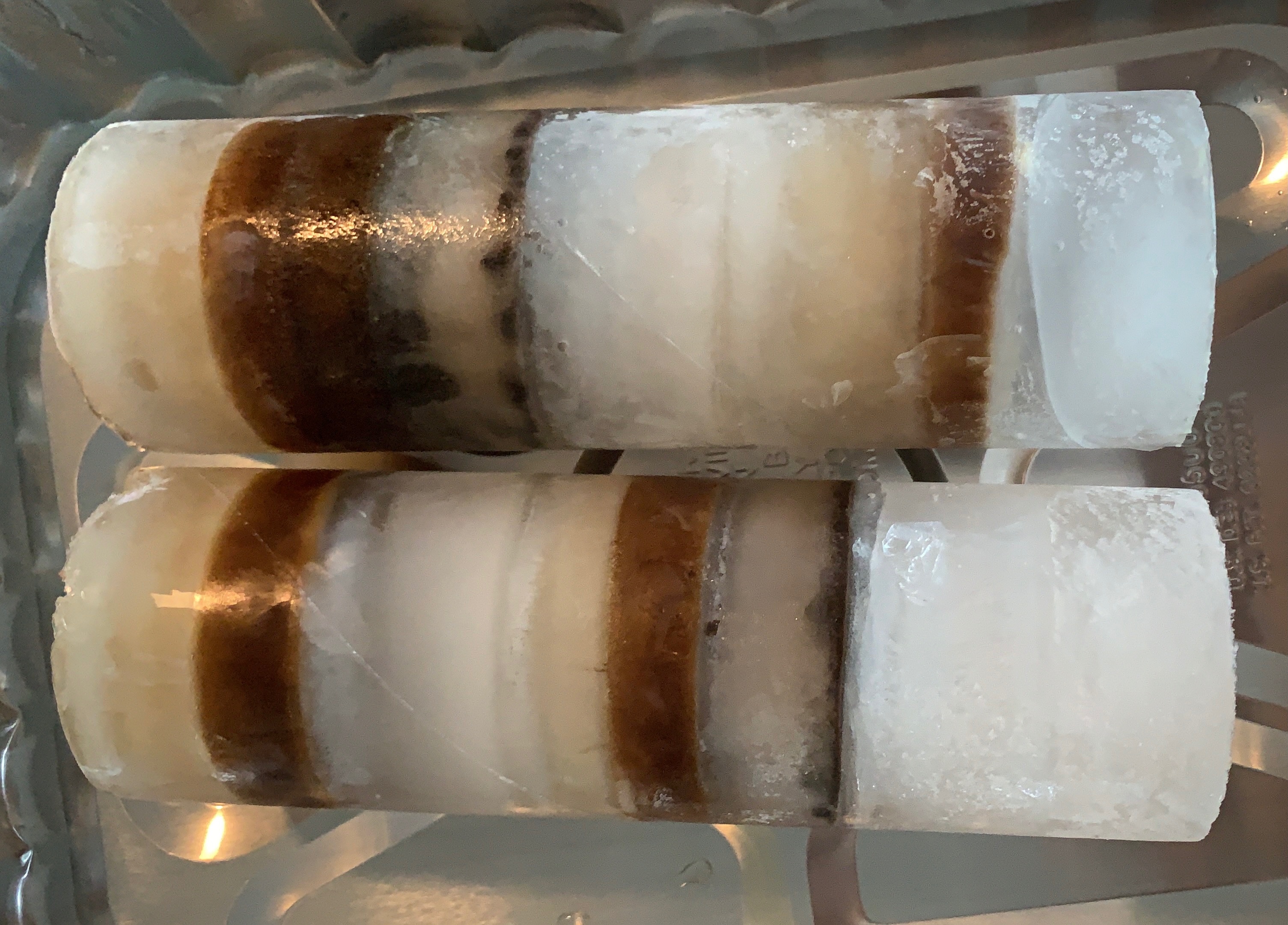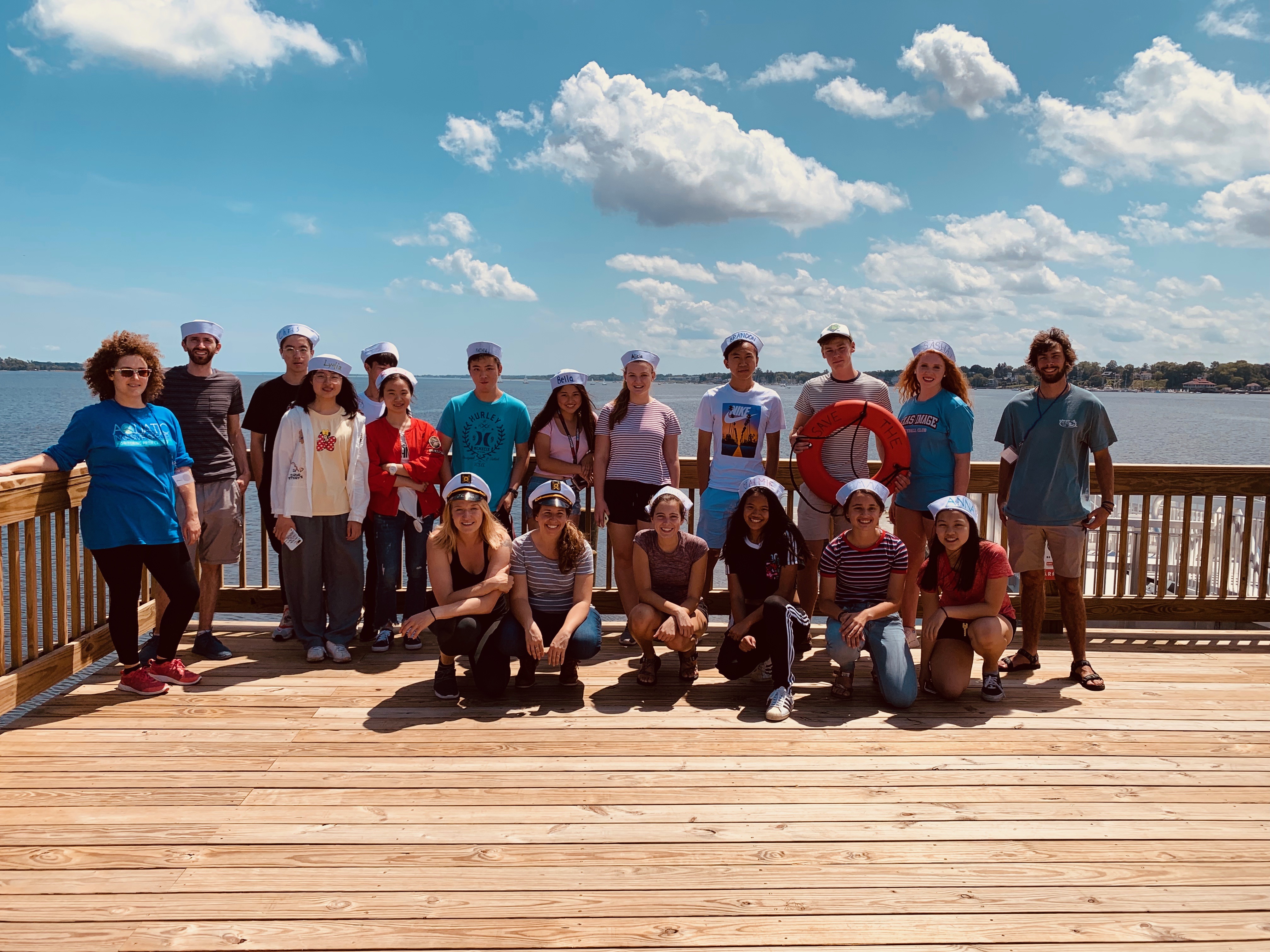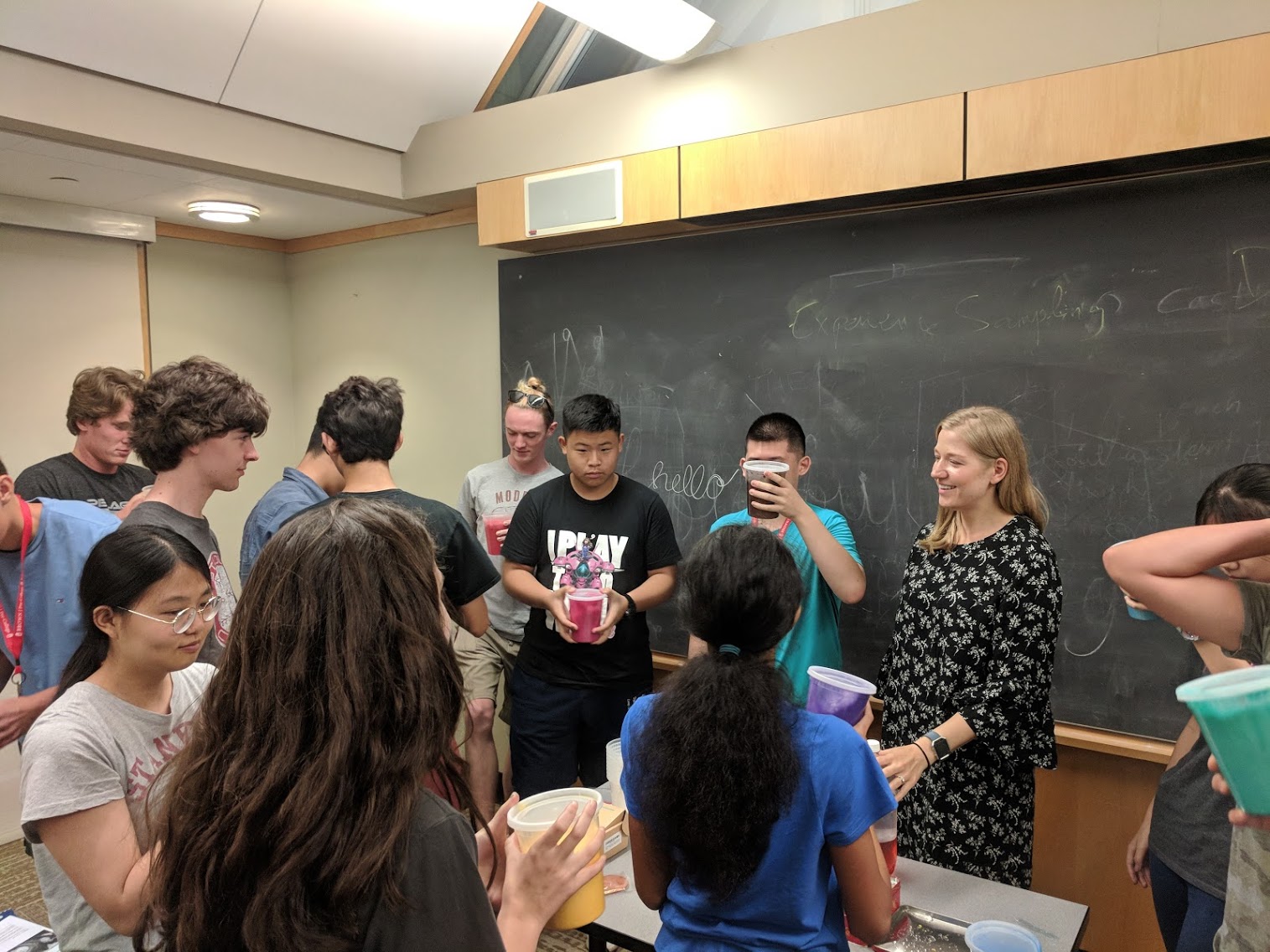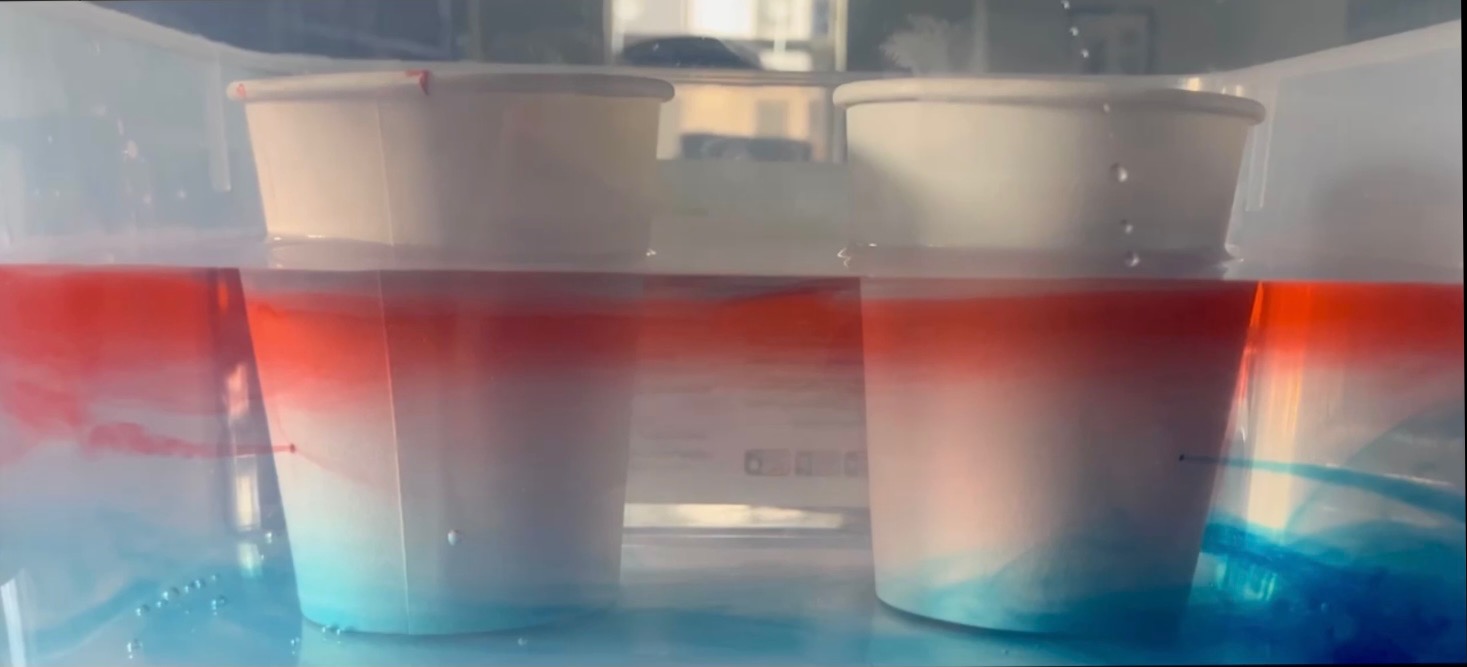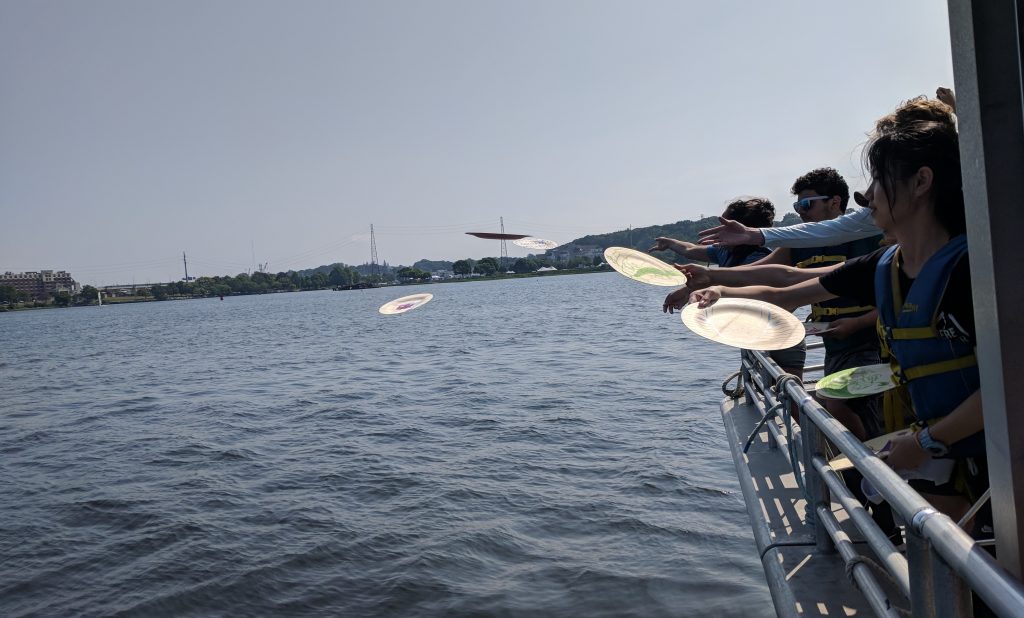Research
My research explores the intersections physical oceanography, biogeochemistry, and climate. I use statistical methods paired with models, observations, and theory to understand the transport and fate of tracers like oil, pathogens, and nutrients in the upper and coastal ocean, with emphasis on submesoscales. I also assess coastal observations to understand how natural climate variability affects coastal oxygen levels in the Indian Ocean. Please see my publications for more information, or click on the photos below.
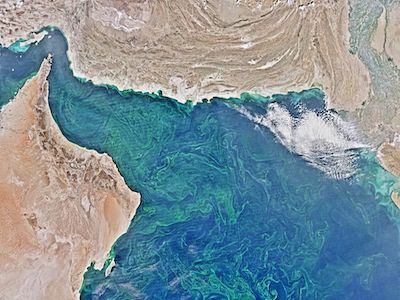
Indian Ocean Dead Zones
Utilizing models and observations to understand how dead zones will respond to human-induced and natural changes in climate, agriculture, and industry.
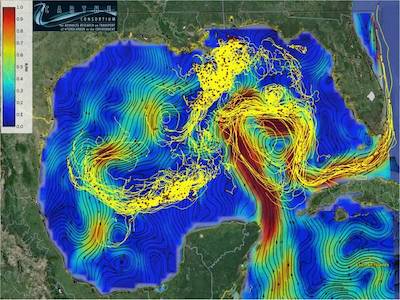
Biases in Drifter Statistiscs
Quantifying the effects of convergence zones and vortices on Eulerian velocity structure functions estimated with surface drifters using both numerical models and observations.
Publications
In Preparation
- Pearson, B., Pearson, J., Fox-Kemper, B., In Prep: Structure Functions in Quasigeostrophic Turbulence. Journal of Geophysical Research: Oceans
Published
- Pearson, J., Resplandy, R., Poupon, M. 2022: Coastlines at Risk of Hypoxia From Natural Variability in the Northern Indian Ocean. Global Biogeochemical Cycles, 36, e2021GB007192 [PDF, DOI]
- Pearson, B., Pearson, J., Fox-Kemper, B., 2021: Advective Structure Functions in Anisotropic Two-Dimensional Turbulence. Journal of Fluid Mechanics , 916, A49 [PDF, DOI]
- Pearson, J., Fox-Kemper, B., Pearson, B., Chang, H., Haus, B., Horstmann, J., Huntley, H., Kirwan, D. A., Jr., Poje, A., 2020: Biases in structure functions from observations of submesoscale flows. Journal of Geophysical Research: Oceans, 125, e2019JC015769 [PDF, DOI]
- Chang, H., Huntley, H., Kirwan, D., Jr., Carlson, D., Mensa, J., Mehta, S., Novelli, G., Ozgokomen, T., Fox-Kemper,B., Pearson, B., Pearson, J., Harcourt, R. 2019: Small-scale dispersion observations in the presence of Langmuir circulation. Journal of Physical Oceanography, 49, 3069-3085 [PDF, DOI]
- Pearson, J., Fox-Kemper, B., Barkan, R., Choi, J., Bracco, A., & McWilliams, J., 2019: Impacts of convergence on structure functions from surface drifters in the Gulf of Mexico. Journal of Physical Oceanography, 49, 675–690 [PDF, DOI]
- Xia, C., Cochrane, C., DeGuire, J., Fan, G., Holmes, E., McGuirl, M., Murphy, P., Palmer, J., Carter, P., Slivinski, L., and Sandstede, B., 2017: Assimilating Eulerian and Lagrangian data in traffic-flow models. Physica D: Nonlinear Phenomena, 346, 59-72 [PDF, DOI]
-
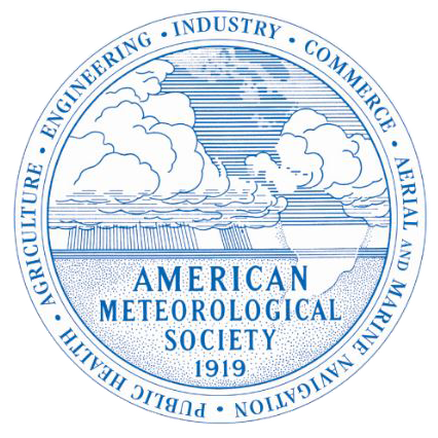
02/16-02/21 2020
Ocean Sciences
San Diego, CA
-

07/23-08/02 2019
Fluids and Health
Corsica, France
Find Me
Contact
#

